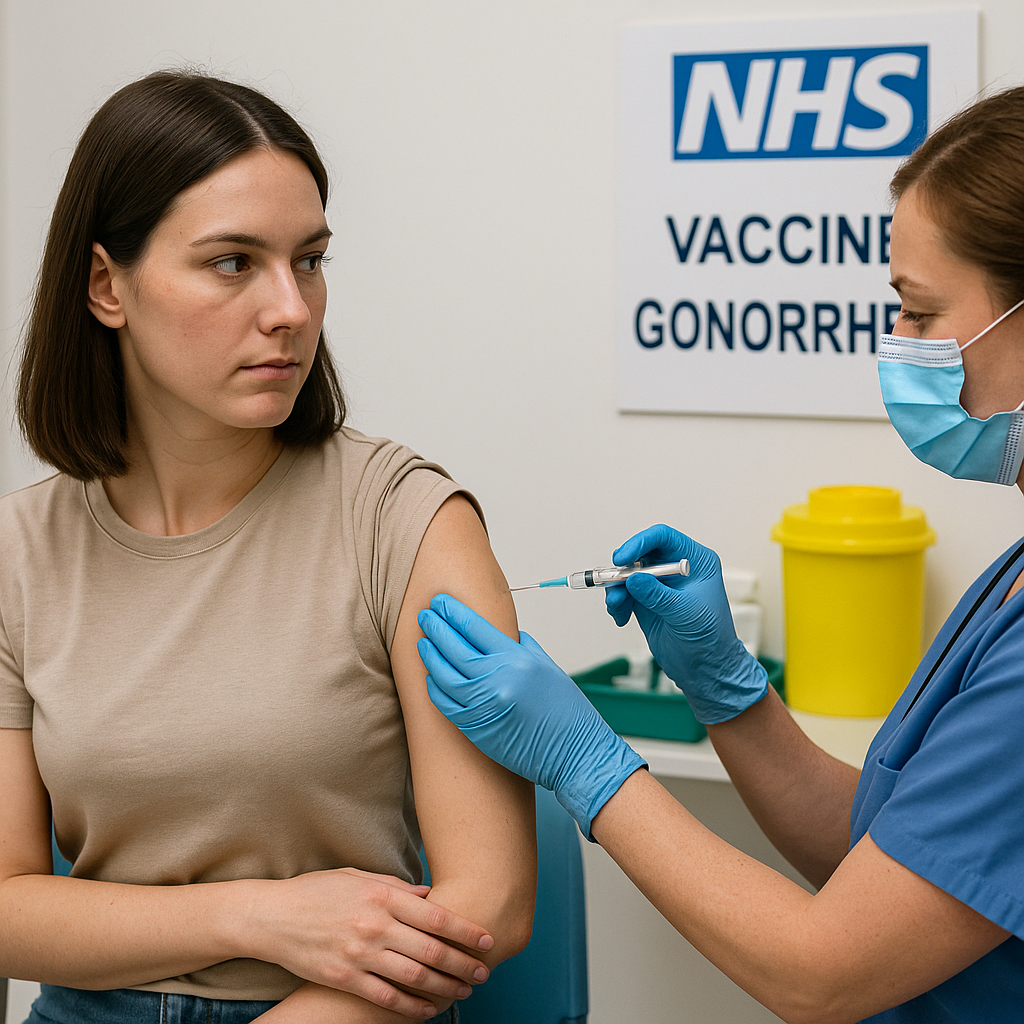UK Launches World’s First Gonorrhea Vaccine: A New Hope Against Sexually Transmitted Infections
The launch of the world’s first gonorrhea vaccine by the UK’s NHS marks a major milestone in the fight against antibiotic-resistant STIs.

UK Rolls Out Gonorrhea Vaccine
The UK’s National Health Service (NHS) officially launched the world’s first gonorrhea vaccination program in August 2025. This groundbreaking step follows a record high of over 85,000 gonorrhea cases reported in 2023—the highest figure since 1918. The 4CMenB vaccine, originally developed for meningococcus B, has now been proven up to 40% effective against gonorrhea. This offers fresh hope, especially as antibiotic-resistant infections are rising rapidly.
High-Risk Population Targeted
The NHS gonorrhea vaccine program targets gay and bisexual men, as well as individuals with a history of sexually transmitted infections or multiple sexual partners. However, clinics have the authority to offer the vaccine to anyone considered high-risk. In addition to the gonorrhea vaccine, patients can also receive vaccines for mpox, hepatitis A and B, and HPV during the same visit.
Effectiveness, Economic Impact, and Hope
While vaccine effectiveness ranges from 30–40%, research from Imperial College London predicts that this program could prevent up to 100,000 cases over a decade and save the NHS about £8 million. The vaccination effort is also expected to reduce severe complications, such as infertility. The UK is the first nation to adopt a nationwide gonorrhea vaccination program, setting a crucial example for global health.
Towards a Gonorrhea-Free Future
The launch of the world’s first gonorrhea vaccine in the UK is a strategic step to combat the threat of antibiotic resistance. This innovation offers new hope for global public health and helps prevent the long-term complications of gonorrhea.
A New Era in the Fight Against Gonorrhea
With the arrival of the world’s first gonorrhea vaccine, the UK leads the global fight against increasingly difficult-to-treat sexually transmitted infections.





Comments ()